 As a psychotherapist I am trained to look below the surface for less than obvious motivations for human behavior. This tendency to dig deeper is typically triggered by what I see (usually seen as well by a large number of others) to be rather irrational behavior or beliefs. The dispute over gun control is one such situation.
As a psychotherapist I am trained to look below the surface for less than obvious motivations for human behavior. This tendency to dig deeper is typically triggered by what I see (usually seen as well by a large number of others) to be rather irrational behavior or beliefs. The dispute over gun control is one such situation.
I am not implying that all of the arguments to curtail the government’s control over the ownership and sale of any sort of firearm are irrational. There are many intelligent and well-founded concerns regarding the limitation of personal freedoms, the overuse of government control regarding individual rights, and the validity of certain interpretations of the 2nd Amendment of the US Constitution.
What concerns me, however, is the manner in which many of the gun advocates in the United States present their arguments—with such phrases as “I’ll give you my gun when you pry it from my cold dead hands” epitomizing these extreme sentiments—an extreme fear of losing something that seems to be essential to the narrator’s very survival.
I am sure many of you reading this blog are familiar with these extremes and wonder how the right to own a deadly assault weapon can be compared with the right to free speech, assembly, or other such rights that seem to be at the core of our concept of individual freedom. I know for me, owning an assault weapon is not much different than owning an atomic bomb considering the personal usefulness of either to insure my individual liberty.
I am sure many of you will disagree with me, and the point of this blog post is not to argue this issue. So read on.
I have a theory, or an idea I would like to share. For those of you that are on board with my personal concerns this idea may possibly be interesting…for those of you who do not agree, my theory may be uncomfortable at best, and thoroughly annoying at worst, but still may be somewhat interesting if you are willing to do a bit of introspection.
So here is the basis of my idea: Gun advocacy is not a matter of personal protection or personal rights; it is a matter of loss of personal control.
This may at first glance seem to be a bit obvious and simplistic. Surely a powerful weapon can offer its user quite a bit of control. But control over what, and why? Intruders? Zombies? The US Government? The first of these choices seem logical, and maybe protection from intruders is a rational reason to want to own guns. The second choice is just silly, and I doubt if anyone seriously feel Zombies, at least in their literal form, are a real threat (however, Zombies seen as metaphor for “inhuman invaders” could very well have relevance here.) The last of these choices seems a bit illogical, but it is precisely what the 2nd Amendment is about, and from my own personal research, seems to be a primary impetus behind the furor of many gun advocates.
But remember I said I was looking below the surface, down there things are not always so clear-cut and objective. Below that surface we find a lot of metaphor and symbology, as well as less than rational ways to deal with things that may be bugging us.
So what is bugging us? Essentially, as I said, it is the loss of personal control.
A very important element in living the life of a fulfilled and happy human being is having some sense of personal control. Obviously we cannot control everything about our lives, but we certainly want to control as much as we can. The less control we have, especially over essential things such as security, health, money, and relationships, the less fulfilled and happy we become. Keep in mind when I say “control” I do not mean absolute control…a better word would be influence. However, in our exceedingly dualistic and materialistic culture, influence is not always enough, i.e., it is better to stop an intruder with six rounds in one second than with a frying pan over the head. In our current paradigm one extreme or the other is always better than settling somewhere in the middle where things are fuzzy, confusing, and likely to get up and do us in…this not only applies to intruders or Zombies, but also how we typically deal with relationships, negotiations, raising our children, etc. But I digress.
So why do we feel as if we have lost most of our personal control?
That’s easy. We live in a global bubble where we are aware of everything happening in the world within seconds of its occurrence, we are flooded with information about nearly everything, every moment of every day. We are told about violence in hundreds of different parts of the world, during nearly every second of our awareness. And it is all essentially bad news, situations we can do nothing about personally, which leaves us basically helpless, hopeless, and frightened.
Some form of this isn’t new, it has been happening for a long time, and has always existed in a particular variety since we Homo sapiens have been roaming the earth. But it is now escalating beyond measure, and in the past we had more effective ways to cope with it.
One of those ways of coping was through religion. Humankind has, for the most part, always believed in a greater power of some form and felt they had a modicum of control over what happened in their lives by worshipping that power, giving sacrifices, performing rituals, or just being good people in order to be honored by their God or gods. Surely their devotion did not always bring what they desired, but it did enough times for them to keep doing what they did and for them to feel that they had choices they could make that would make things better for them. They could go to sleep at night, for the most part, knowing they had done as much as they could to make things right—to exercise their personal control over the larger world of things and events.
Clearly this way to cope has disappeared from our culture—at least for probably most people. It is interesting to note that many of the gun advocates in the US are also devoutly religious people, but this doesn’t change the fact that we live in a predominantly scientific and materialistic age. Although religious people may still argue ardently about creation taking six days and the earth being only six thousand years old, religion has largely shifted from the literal to the metaphoric for all but the most fundamental. It is also quite evident that religion has not always historical quelled deep fears and a deep sense of the loss of personal control. There is a shadow side to everything, and often times the shadow prevails. In fact, the very thing that brings personal fulfillment could at times bring the opposite, with very contrary results.
Another way we coped in the past was to do what we could, when and where we could do it, to control or influence a situation. This is much easier to do when, in more primitive times, all you knew is what you could see in front of you or hear about within a messenger’s walking distance. As the world changed, and information about distant, harder to control, parts became easier to access, more worry and personal dysfunction followed. But never in our history has the common person been so inundated with news of problems that could affect them physically, or emotionally, and have these problems be nearly entirely out of their control to resolve. This creates personal fear, a basic sense of helplessness, and in some individuals a fervent desire to have something in their hands that could clearly, and indisputably, alter their environment in their favor. This is not to imply that all gun advocates wish to perpetrate an insane and radical act, far from it. But for anyone to feel the need to own such a powerful weapon as an assault rifle indicates they are possibly dealing with a deeply seated need to alter their reality in a large way if they believe the need to do so arises in their personal world—such as warding off intruders, or even the US Government. Obviously, from a rational point of view, guns do not offer a true, sustainable, or even an effective means to bring personal control back into a fearful life, but when there is nothing seemingly available to accomplish this task, some of us may unconsciously choose a symbol that could metaphorically fulfill that need.
For whatever the reason—the lack of a strong spiritual (as opposed to strictly dogmatic and fundamental religion) underpinning in our current culture, or the loss sense of personal control over the events globally (or even communally) that affect our every day lives—we have lost a very real sense of personal control.
What can we do?
Needless to say I do not have any certain and clear solutions. However, we could possibly focus our attention on our own back yard and do what we can to improve the standard of life for our families and the communities we live in with effective and hands on influence and control. We could also not allow ourselves to be so saturated with issues we have no control over whatsoever, and if we do feel it is an important part of our lives and mission to become more globally aware, we could then do something, anything, to get our hands dirty in the form of volunteer work, charitable work, or other physical, mental, and emotional investment in helping to solve more global problems. Also I believe that balancing bad news with good news (although difficult to find, it IS out there if dug for) is helpful in quelling the fear created by a helpless and hopeless view of the world we live in.
We can also work toward exposing this unconscious complex I have described and bring it to the true light of conscious awareness. Any time we are deeply and emotionally charged by a situation there is something lying in the dark hiding from our rational and conscious scrutiny. This applies to the extremes of the gun control advocates as well, but that’s another story.
Certainly we cannot put the fire out with more fire. That tactic is succumbing to the dark forces that can hide in the unconscious where we may be literally shaking with fear. Here we tend to reach for a simple yet ineffective tool we believe will give us the control we are so desperate for. We clearly must look deeper for solutions, digging down into our own psyches to see what is really moving us to make the decisions we are making. Very often the answer lies in between the black and the white, in the gray field of ambiguity, uncertainty, tension, and most certainly discomfort. All meaningful growth comes from this place—a place we seldom want to venture into. Here we may actually find the control, or better yet, a personal influence we seek over our lives and the life of our national and global community—through constructive and positive thinking and conscious personal action.
*****
Todd Hayen is a psychotherapist practicing in Richmond Hill Ontario. Please leave comments by clicking the comments link below this post. I welcome any thoughts you may have.


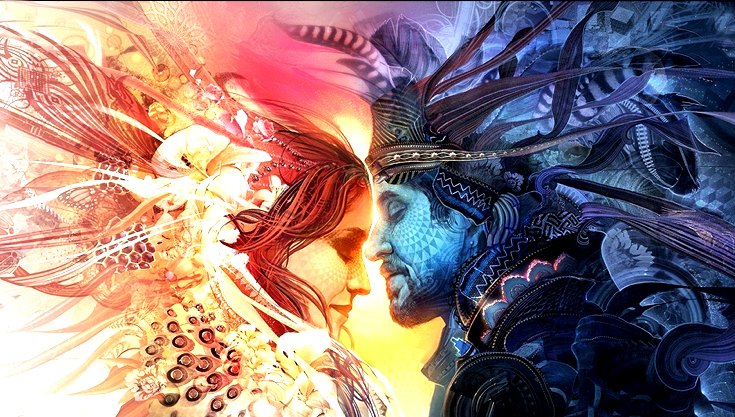
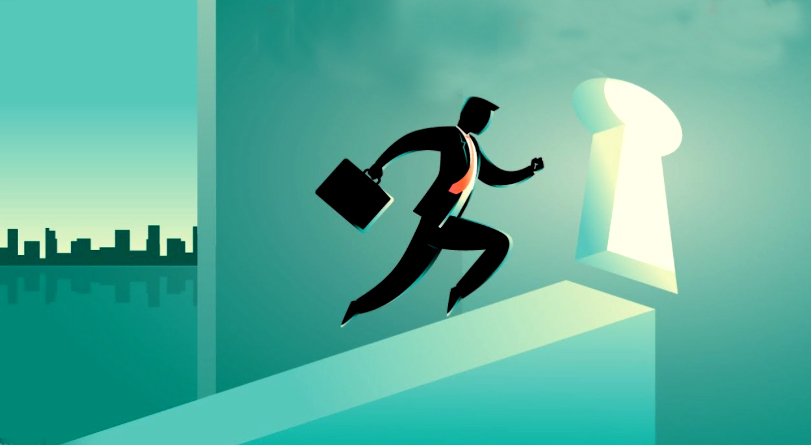
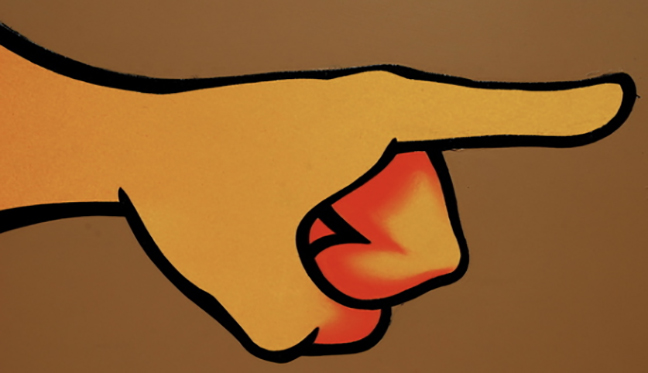
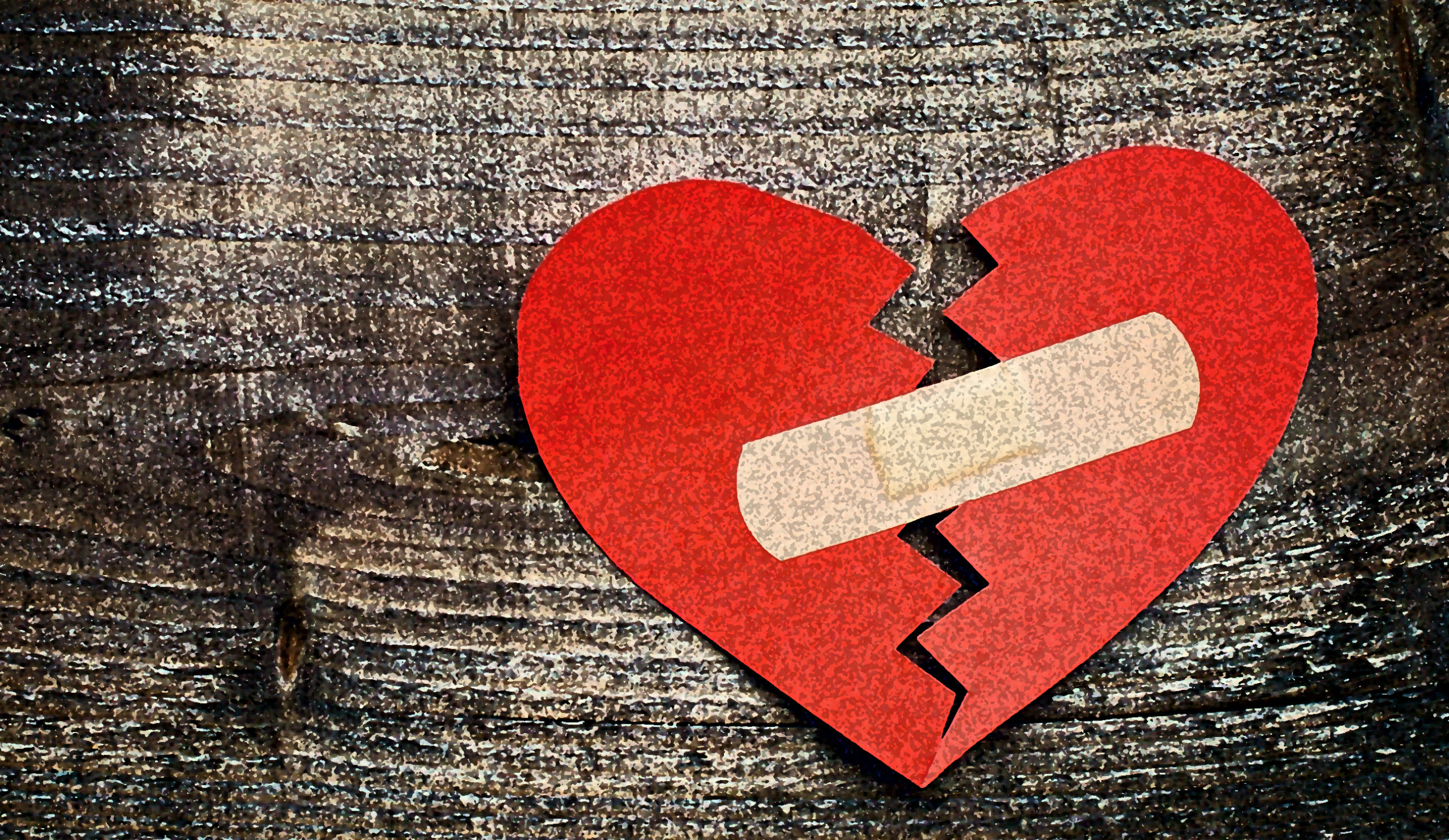
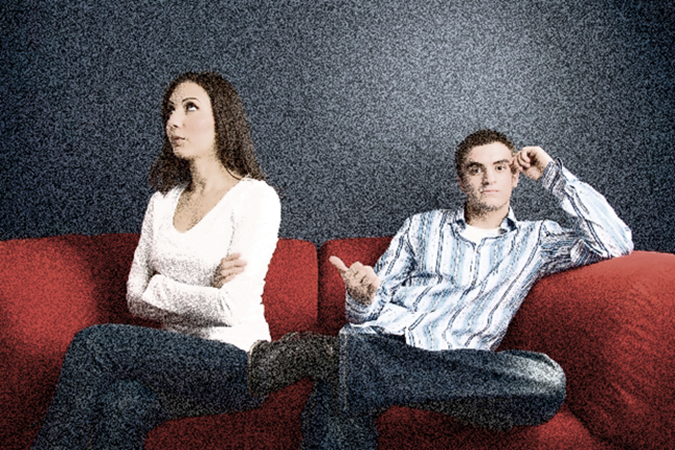
Todd, this is a well thought out article. I have to admit that I am an ex-hunter but with that said, I do think that people need help with control when they don’t have rational self-control. As you said, personal protection doesn’t require an personal atomic bomb or an assault weapon. Personal control and safety often don’t require any kind of firearm. This is a tough problem with very little hope of being resolved dispassionately. Sad.
Thanks so much for the comment…yes, it is a very tough problem. The “control” issue is a complex one–what I am talking about is not the usual sort of “sense of self control”…in fact, owning guns may actually be a healthy psychological response in order to feel more secure and not act out the fear in other more destructive ways…as long as the owners are responsible. The danger is using guns as a way to “feel better” when they are simply too dangerous and difficult to contain properly. The sense of control and security we get from them is essentially false, therefore using them for this purpose carries too high a risk. But you are right, there is little hope of resolving this issue on certain levels…my little post is meant for a “rub the chin” moment with a touch of introspection.
You are probably substantially correct. Read Jonathan Haidt’s book on “The righteous Mind” for a paradigm of moral decision making and add a soupcon of Adorno, et al. “The Authoritarian Personality” to round out the full picture. Both of these sources will point outwhy it is so difficult to debate these issues unless one deals with the underlying psychology.